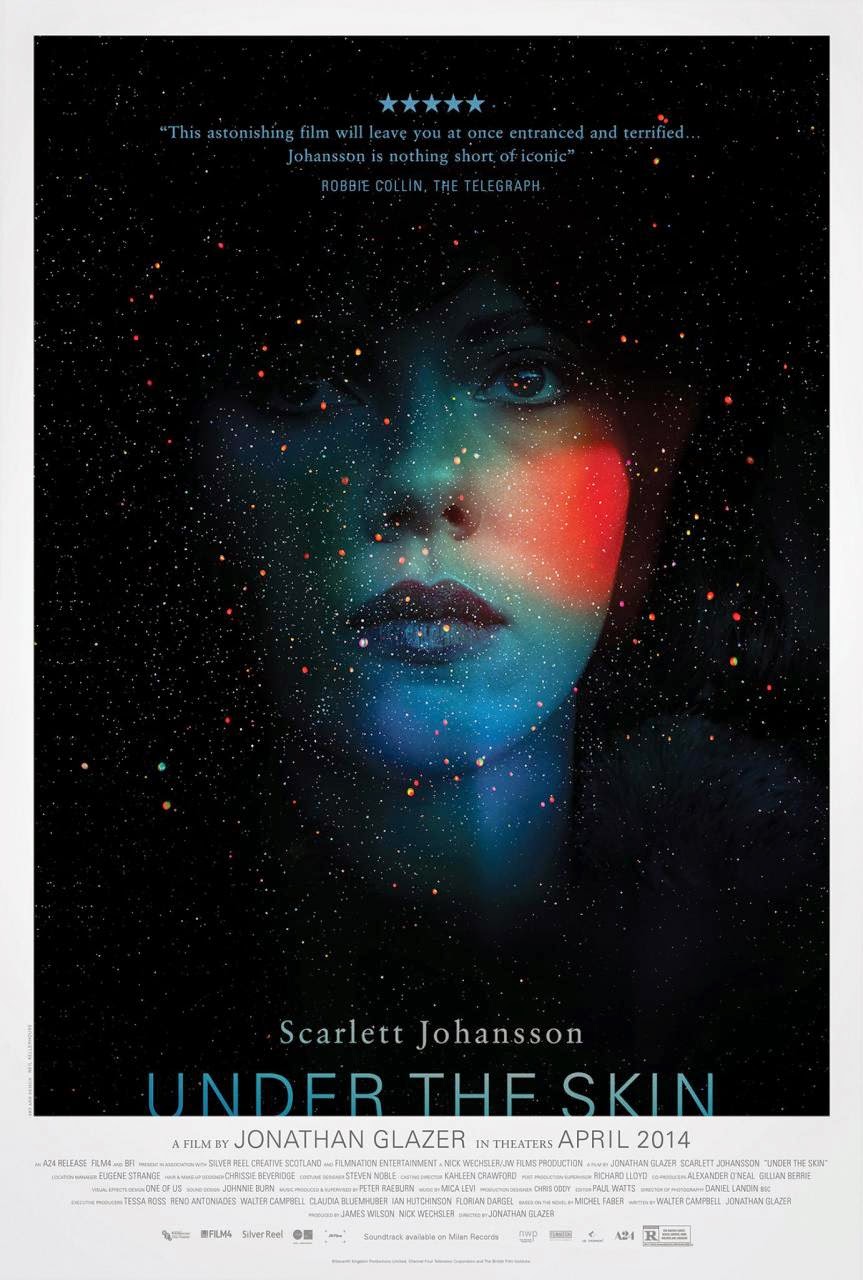Dawn of the Planet of the Apes is a 2014 post-apocalyptic sci-fi film. Directed by Matt Reeves (Cloverfield, Let Me In) and starring Andy Serkis (Rise of the Planet of the Apes, King Kong), Toby Kebbel (Dead Man's Shoes), Jason Clarke (Zero Dark Thirty) and Gary Oldman (Dracula). The film is a sequel to Rise of the Planet of the Apes (2011) as well as a prequel to the events of the original Planet of the Apes (1968).
Dawn picks up 10 years after Rise in the aftermath of the deadly Simian flu which has wiped out the majority of the humans on Earth. The intelligent Apes, led by Caesar (Serkis), have formed their own community in the woods under the belief that humans have been wiped out until an unfortunate encounter with a scouting group of humans. We then learn that there is still a community of humans living in San Francisco under the leadership of Dreyfus (Oldman) who are desperate to access the hydro powered dam in the heart of the apes territory. It's down to Caesar and human ambassador Malcolm (Clarke) to form a fragile truce as the warmongers Koba (Kebbel) and Dreyfus threaten to plunge the planet into war.
Dawn is to Rise what The Empire Strikes Back (1980) is to Star Wars (1977), it's a sequel to an incredibly ground breaking first act that matches it for quality and spectacle but deepens the thematic and emotional elements. The revolutionary performance capture technology is pushed to it's breathtaking limit as the audience is sucked into a universe that is meticulously crafted but most importantly, completely believable. The brave first step of basing a whole movie around a non human character is taken to the next level with a whole ensemble cast of apes that you believe in and care about deeply. That an ape falls in battle is absolutely no less tragic than if a human does and this is the genius of the rebooted apes franchise.
The film also takes a realistically ambiguous approach to war in that there are no heroes, no villains, no clear lines between right and wrong, good and evil. Koba is the most fascinating example of this as the nominal villain of the movie as Toby Kebbel often manages to upstage (and out-chimp) Serkis' Caesar, who still remains the heart and soul of the franchise. Whether it's Koba or Dreyfus (an underused but still terriffic Oldman) playing the villain it's always with pathos and it's always a three dimensional character. This is one of the many things that makes Dawn one of the finest anti-blockbusters of this generation and Rick Jaffa & Amanda Silver have triumphed again (along with Mark Bomback) with a script that bulges with attention to detail, franchise continuity and sheer emotional depth to the characters.
Make no mistake, Dawn is a war film, and it's one of the most outstanding war films of recent times. You can hold the film up to classics like Apocalypse Now (1979) and Casualties of War (1989) and it will not falter. You can also hold it up to modern classic called Rise of the Planet of the Apes and it will form 2 parts of an epic saga in the making. If the cast and crew can make as good a film for the third in the series then we might just have one of the greatest trilogies of all time on our hands. This has film of the year written all over it and demands your attention.
***** 5 Stars
What did you think of Dawn? How do you think it compares to Rise?










